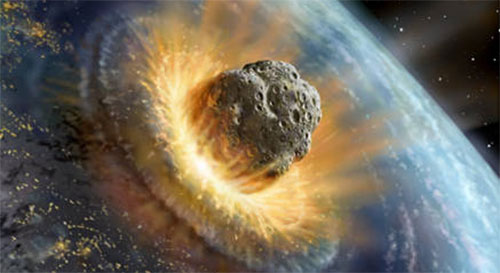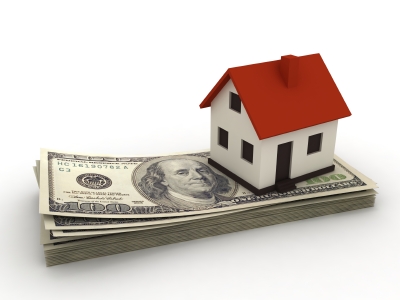1. Unemployment Increases
It's simple, if labor costs more then employers will purchase less of it. This doesn't mean every employer will purchase less. It just means that employers will run their business with the minimum amount of employees it can. However, the remaining employees will cost more.
2. Prices Increase
If it takes a fixed number of man hours to create a product and the cost of those man hours increases, then the cost of the product increases. A business has to make a profit or break even in order to stay in business. A business owner may absorb some of the increased cost, but realistically most of it will be passed on to the consumer in the form of higher prices. This is also known as cost push inflation.
3. Inflation Increases
IF raising the minimum wage works at all (ie more people making more money), then this means there is more money among the people that are most likely to spend it. When people suddenly have more money to spend and they spend it, this causes demand pull inflation.
In conclusion, raising the minimum wage increases unemployment and inflation. Even the people that are making more cannot buy more because everything cost more. The only situation in which it can have a different affect is if demand for labor is stronger than supply, but in that case the wage rate adjusts naturally. I'm not saying we should lower the minimum wage at all, but is increasing it really going to fix the problem? I argue no. Below is a video from Learn Liberty (a bunch of economists) explaining the affects of minimum wage.
Subscribe to Youtube! Become a Fan! Follow Me on Twitter










